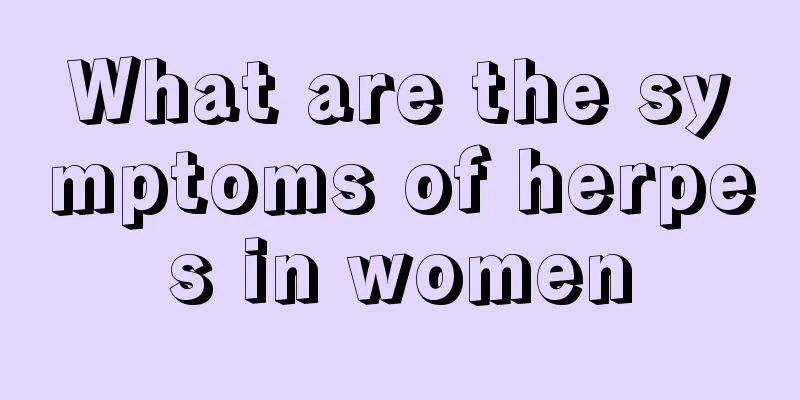Does pelvic inflammatory disease require surgery?

|
There are many treatments for pelvic inflammatory disease. Pelvic inflammatory disease is also divided into acute and chronic. The corresponding symptomatic treatment is mainly based on the patient's specific symptoms. Generally, when antibiotic treatment has no obvious effect, surgical treatment can be used. If it is chronic pelvic inflammatory disease and it has not been cured for a long time, surgical treatment can also be considered. In addition, surgery can also be used for the problem of fallopian tube adhesion. One is an acute attack of pelvic inflammatory disease. If adnexal abscess occurs and symptoms do not improve after 49-72 hours of treatment with antibiotics or other drugs, and there is persistent high fever, high white blood cell count, bilateral abscesses, or the abscess is larger than the original one, surgical treatment may be considered. Second, chronic pelvic inflammatory disease is ineffective in long-term treatment. Inflammatory fibrosis proliferates and adheres to the intestine, omentum, and uterus to form an inflammatory mass, which gradually increases in size. Repeated acute attacks require surgical treatment. For patients over 40 years old with large pelvic inflammatory masses (over 6 cm in diameter) and abdominal pain, surgical treatment may be considered. Third, fallopian tube adhesion causes infertility. When primary or secondary infertility occurs due to inflammatory fibrosis and hyperplasia caused by chronic pelvic inflammatory disease, adhesion and twisting of the fallopian tubes and surrounding organs, or closure of the fallopian tube fimbria, surgery can be performed to loosen the adhesions or perform a salpingostomy to help restore the function of the fallopian tube and improve fertility conditions. Fourth, cervical and intrauterine adhesions. Inflammation can cause cervical or uterine adhesions, leading to decreased menstruation, amenorrhea, cyclical abdominal pain, and infertility in patients, requiring surgical separation. The above are some of the treatments that experts recommend for women with pelvic inflammatory disease without surgery. Pelvic inflammatory disease does not necessarily require surgical treatment. It mainly depends on the patient's specific condition. If the patient's condition is mild, then medication can also cure it. |
<<: How to detect pelvic tuberculosis
>>: What are the precautions after cesarean section?
Recommend
How to deal with pregnancy after IUD insertion
In life, different people choose contraceptive me...
[Medical Q&A] Why do bacteria become resistant to antibiotics?
Planner: Chinese Medical Association Reviewer: Zh...
What is the cause of pimples in women's breasts?
Women's breasts are very important, especiall...
What medicine should I take for a long menstrual period? This will have a good health effect.
The so-called menstruation occurs once a month, u...
What is the best way to treat cervical erosion?
Women should be very familiar with the disease of...
Brown discharge after ring
The IUD is a long-term contraceptive. Many people...
How long does it take to react after the induction injection?
As technology becomes more and more advanced, the...
Uterine maintenance techniques
Once a woman ages too quickly, she will lack conf...
What should I pay attention to after taking abortion pills?
Today's society is becoming more and more ope...
Can I do a paternity test when I am one month pregnant?
Many people should have some knowledge about DNA ...
Is 1.6cm of endometrium normal?
The endometrium, also known as uterine mucosa, re...
A woman dreams of growing a lot of white hair
Everyone grows from younger to older, and we all ...
The bleeding in late pregnancy disappeared in a flash
In the late pregnancy, although the doctor will r...
Yogurt-like vaginal discharge
Vaginitis or vulvitis, two gynecological diseases...









